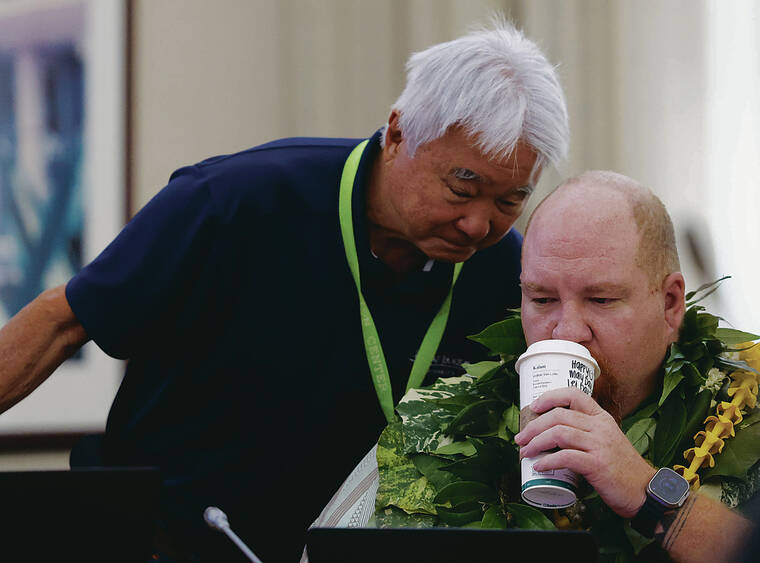Aloha in Turmoil: HTA Leadership Faces Explosive Workplace Misconduct Claims

A brewing controversy has erupted in Hawai'i's tourism sector, as a state senator and key tourism board members allege that critical state agencies have been negligent in addressing serious workplace misconduct. The allegations center on a toxic work environment at the Hawai'i Tourism Authority (HTA), which reportedly includes racist and sexist comments that ultimately led to the dramatic resignation of five Native Hawaiian leadership team members.
The accusations suggest a systemic failure to promptly investigate and respond to workplace complaints, highlighting deeper cultural and institutional challenges within the state's tourism governance. By failing to take swift action, these agencies may have contributed to an environment that marginalized and disrespected Native Hawaiian leadership.
The mass resignation of five Native Hawaiian leaders signals a significant rupture in the HTA's leadership and raises urgent questions about inclusivity, respect, and cultural sensitivity in Hawai'i's tourism management. State officials are now under intense scrutiny to address these serious allegations and rebuild trust within the organization.
